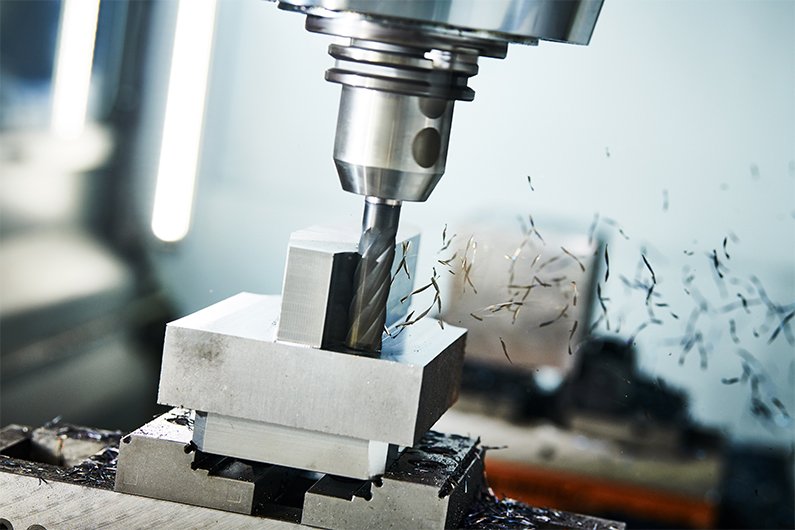When it comes to choosing the right material for various applications, two common options that often come to mind are cast iron and aluminum. Both materials have their unique characteristics and advantages, making them suitable for different uses. In this article, we will delve into the properties of cast iron and aluminum and compare them to determine which material is better.
Firstly, let us explore cast iron. Cast iron is a strong and durable material that is known for its high resistance to wear and tear. It is primarily composed of iron, carbon, and silicon, which give it its distinctive properties. One of the key advantages of cast iron is its excellent heat retention capabilities. This makes it ideal for applications such as cooking equipment, where heat distribution and retention are crucial.
Another notable advantage of cast iron is its ability to provide even heat distribution. Due to its dense and heavy nature, cast iron ensures that heat is distributed evenly across the surface, resulting in consistent cooking results. Additionally, cast iron is highly resistant to scratches and can withstand high cooking temperatures without warping or deforming.
Despite its robustness, cast iron does have some drawbacks. One significant disadvantage is its weight. Cast iron is considerably heavier than aluminum, which can make it cumbersome to handle and transport. Its weight may limit its usability in certain applications, especially those that require lightweight materials.
Now, let us shift our focus to aluminum. Aluminum is a lightweight and versatile material that is widely used in various industries. It has a low density and is highly malleable, which allows it to be easily formed into different shapes and sizes. Its lightweight nature makes it an ideal choice for applications that require portability and ease of handling.
One significant advantage of aluminum is its excellent thermal conductivity. It conducts heat quickly and efficiently, making it suitable for applications where heat transfer is essential, such as heat sinks and radiators. Additionally, aluminum is highly resistant to corrosion, making it suitable for outdoor applications where exposure to moisture and harsh weather conditions is a concern.
However, aluminum does have some limitations. Unlike cast iron, it does not retain heat as well. This may result in uneven cooking, particularly in applications where heat retention is vital. Moreover, aluminum is not as strong as cast iron and may be more susceptible to denting and damage.

To determine which material is better, it ultimately depends on the specific requirements of the application. If heat retention and even heat distribution are crucial, cast iron is the superior choice. On the other hand, if lightweight and malleability are priorities, aluminum is the preferred option.
In conclusion, both cast iron and aluminum have their own distinct advantages and disadvantages. Cast iron provides excellent heat retention and even heat distribution but is heavier and may not be suitable for all applications. Aluminum, on the other hand, is lightweight and highly malleable, making it ideal for portable applications but may not retain heat as well. Ultimately, the choice between the two materials depends on the specific needs of the application at hand.
-

- Customized foundry products high precision die-casting parts for e-bike integrated frame
-

- Magnesium alloy die-casting Auto parts headlight frame
-

- OEM die-casted parts& components
-

- Magensium mountain bike frame
-

- Thixomolding parts & components mobile phone middle board processed
-

- Magnesium alloy die-casting parts&components for e-bike

 0086-750-5616188
0086-750-5616188 +86 13392089688
+86 13392089688 sales@zhongmei-tech.com
sales@zhongmei-tech.com







